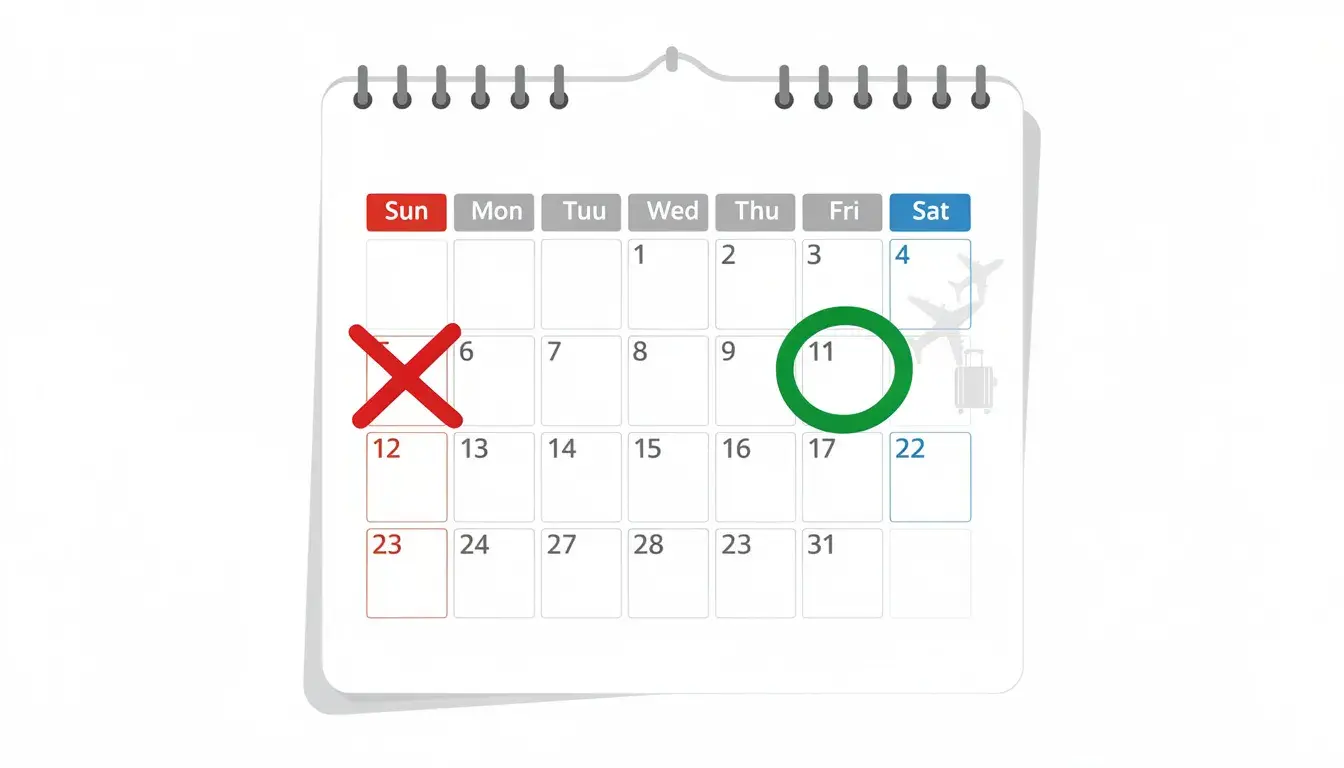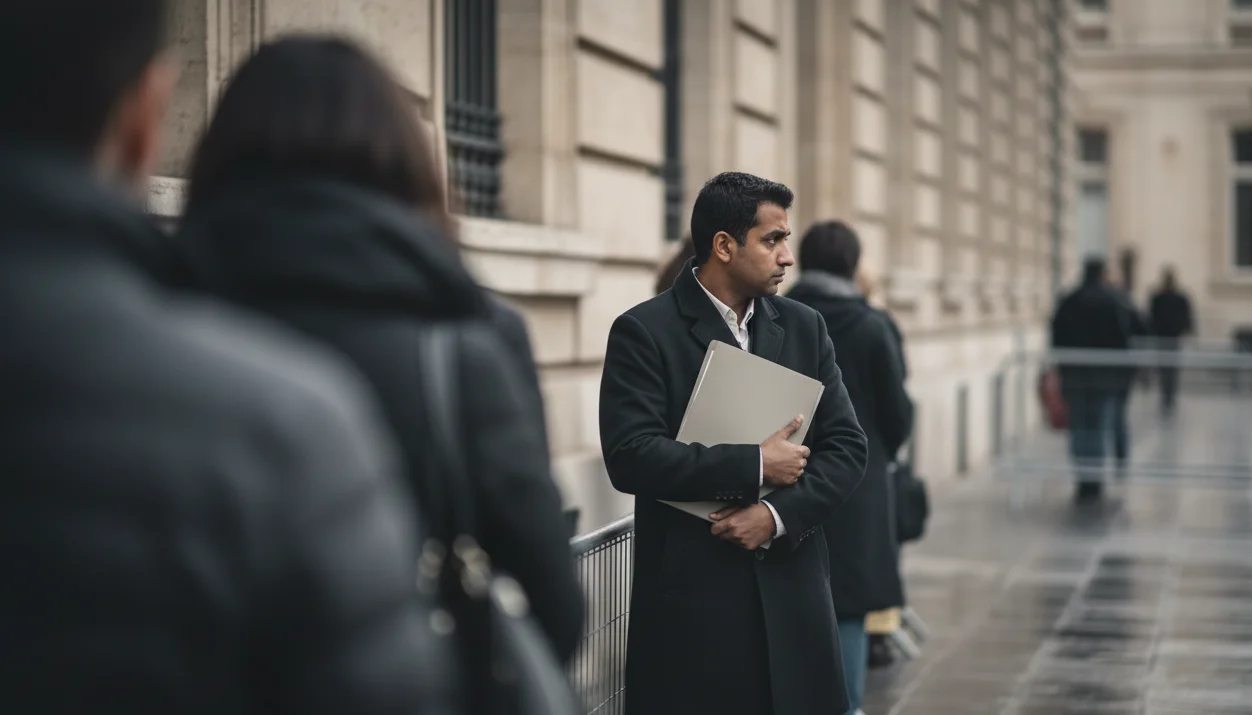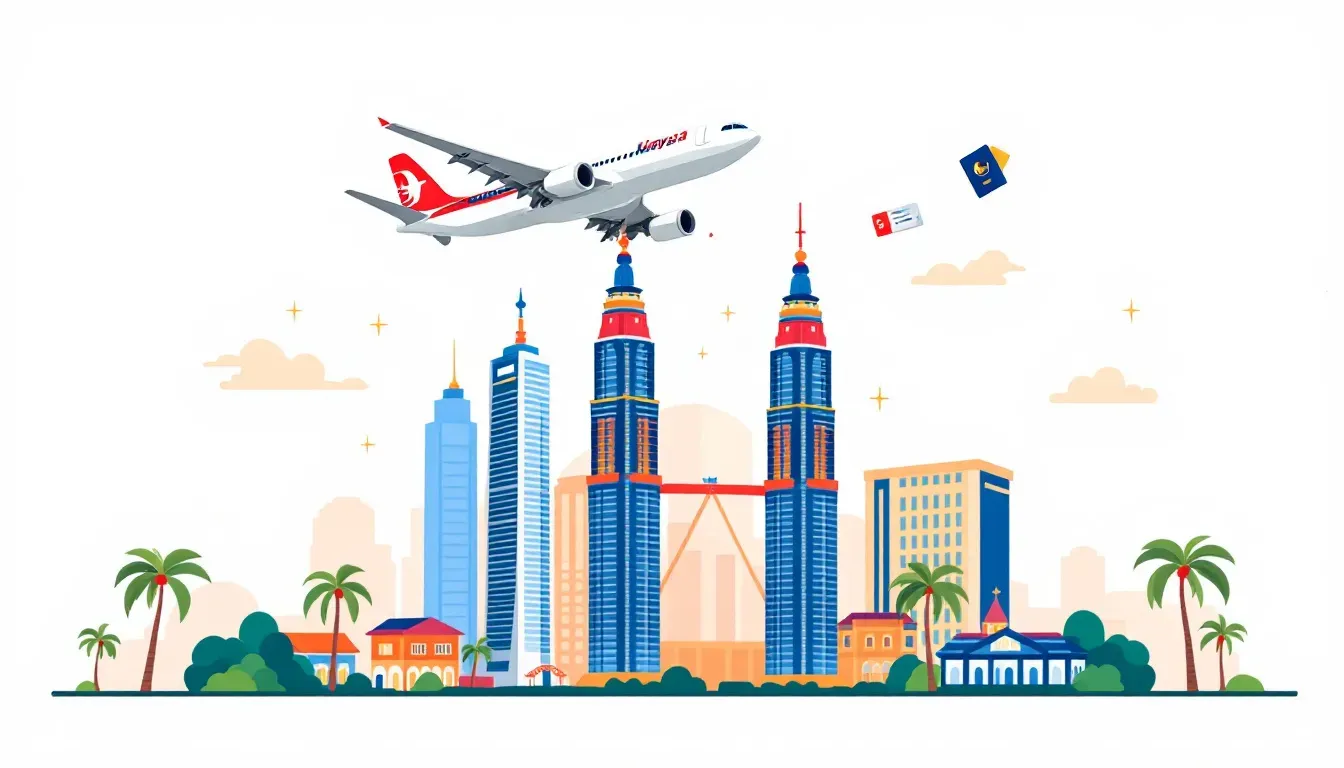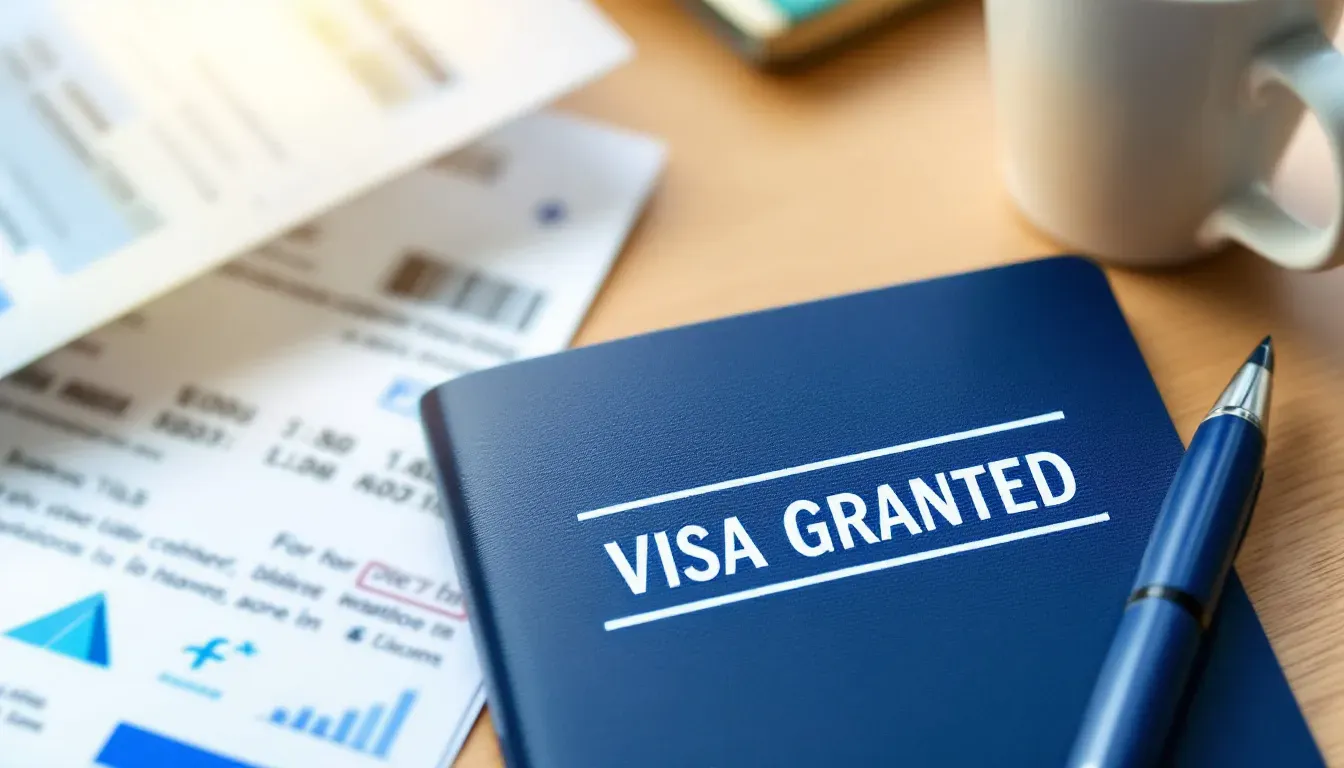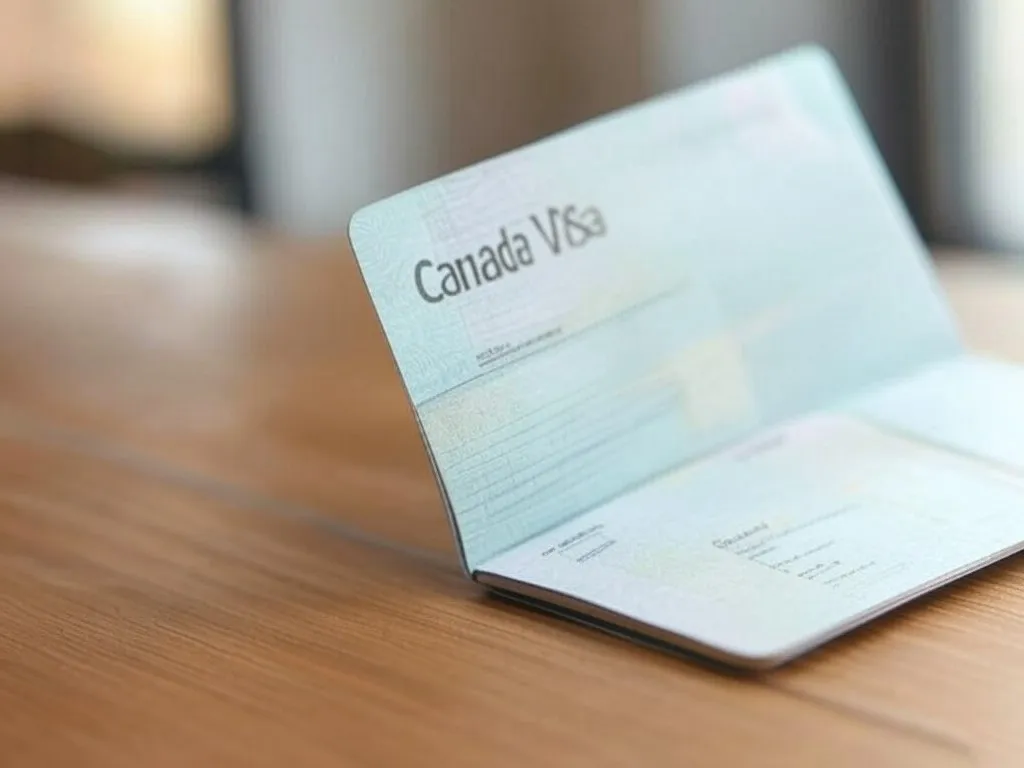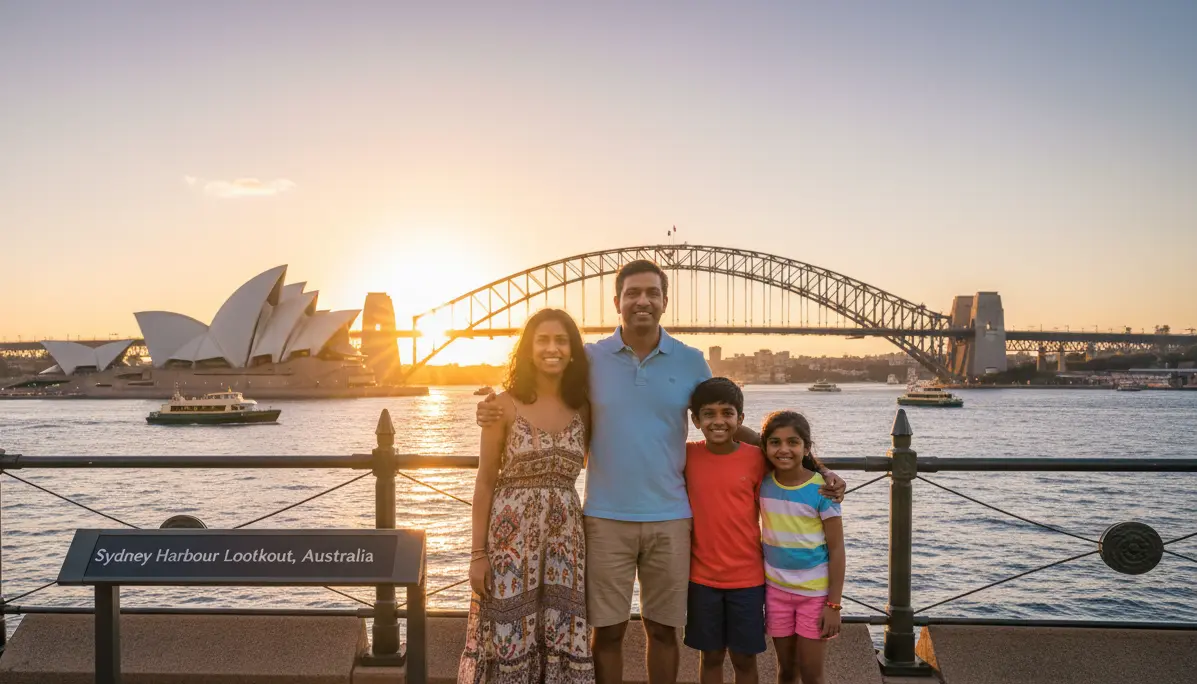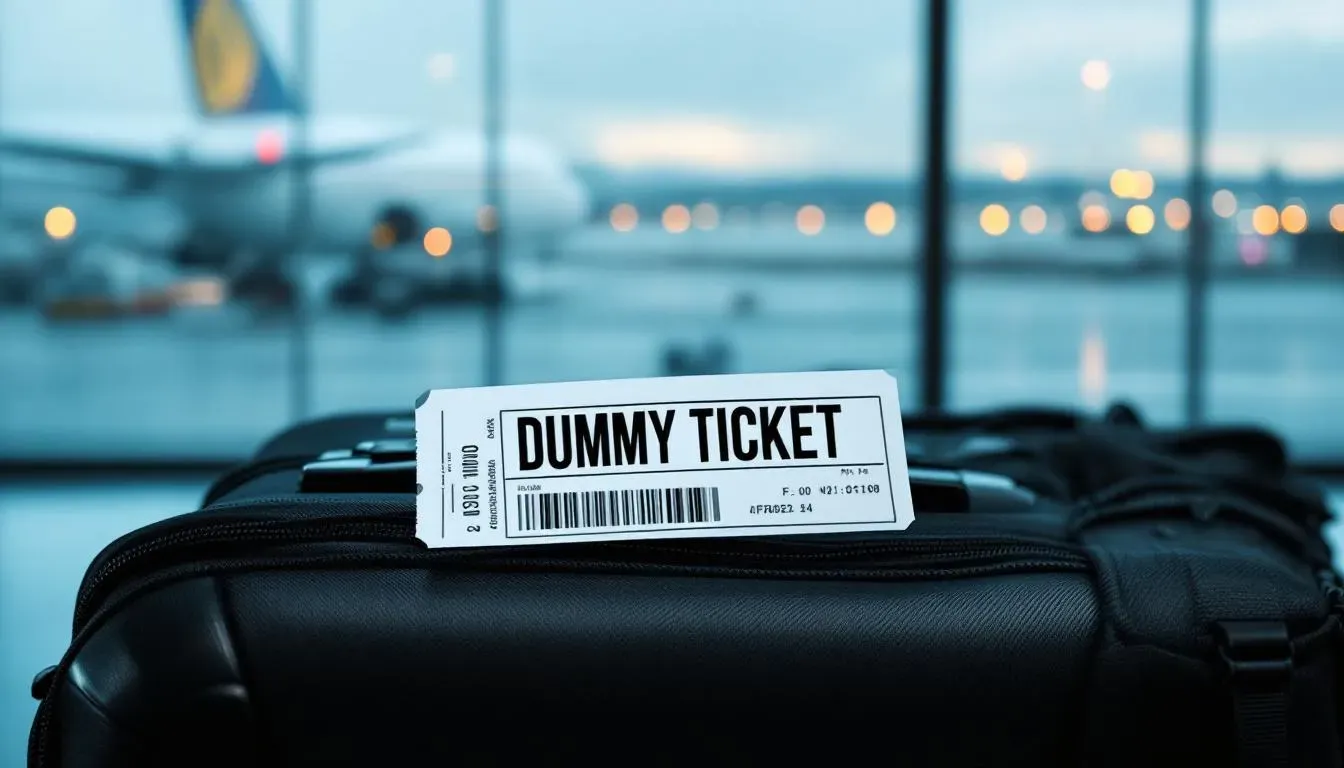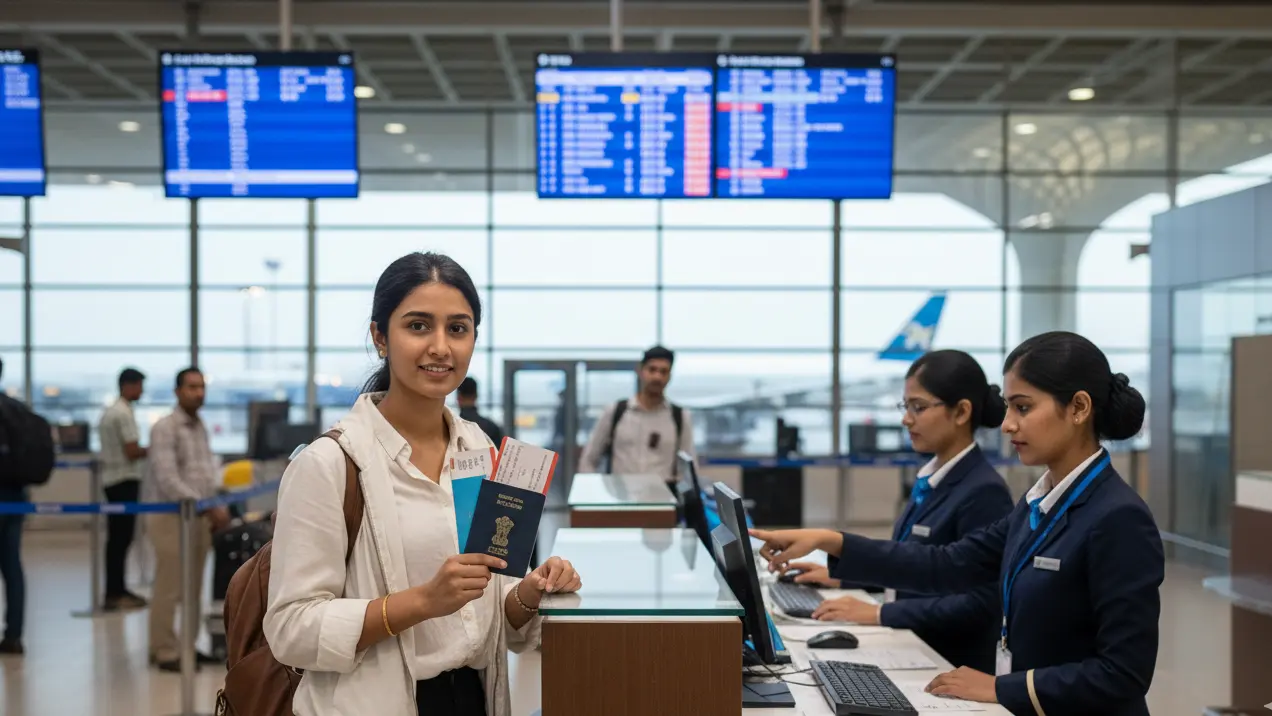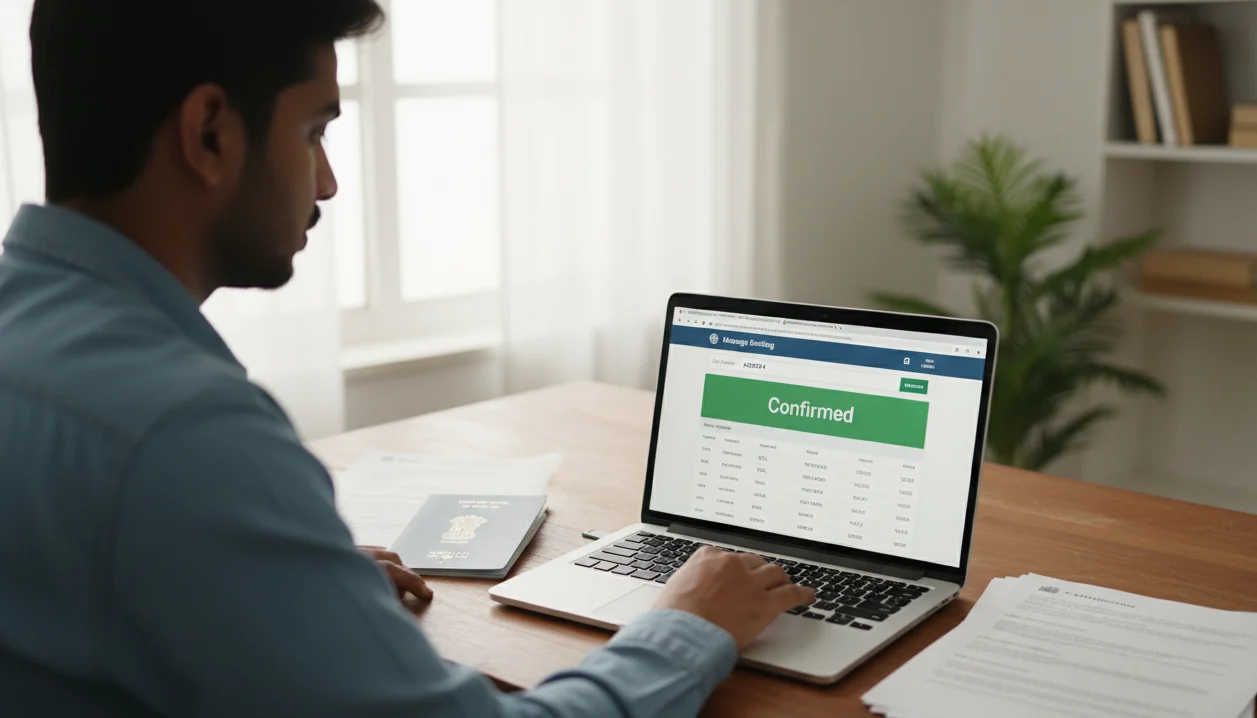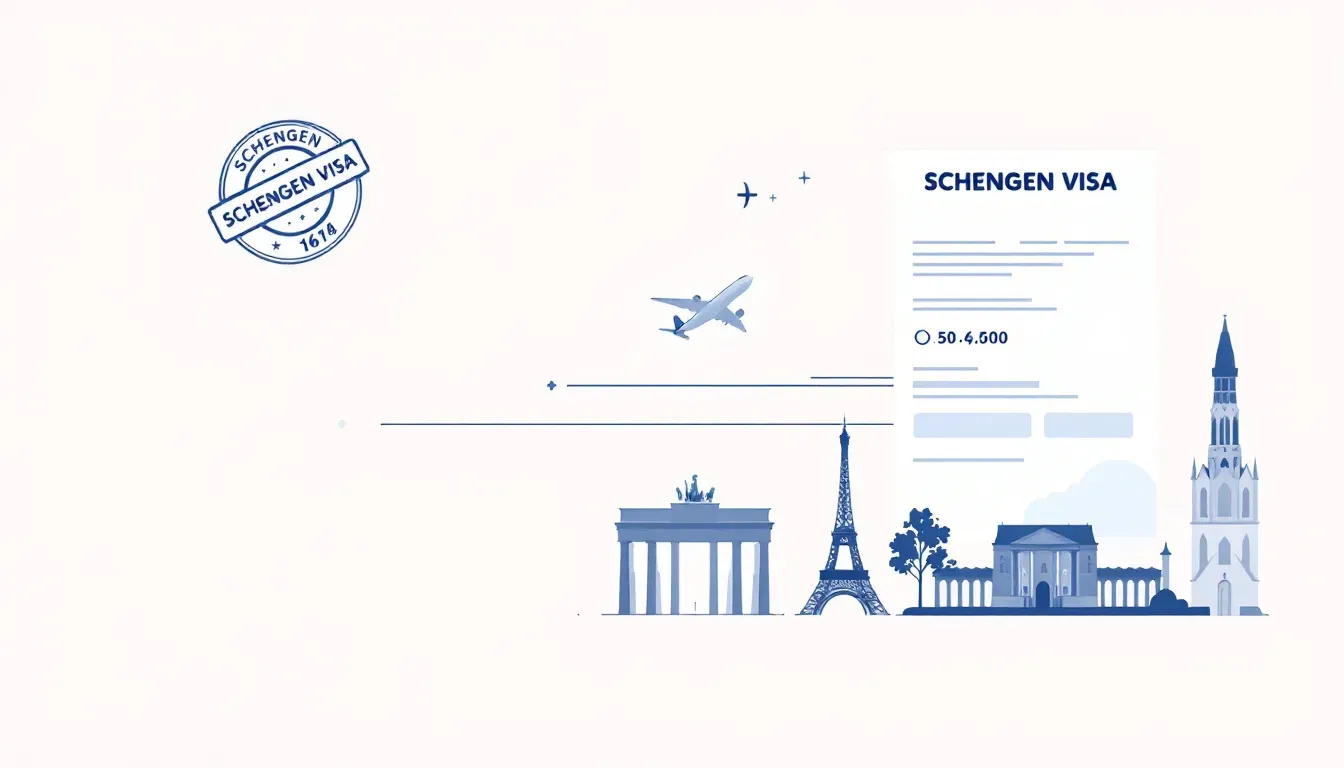Do You Need a Plane Ticket for Visa Application?
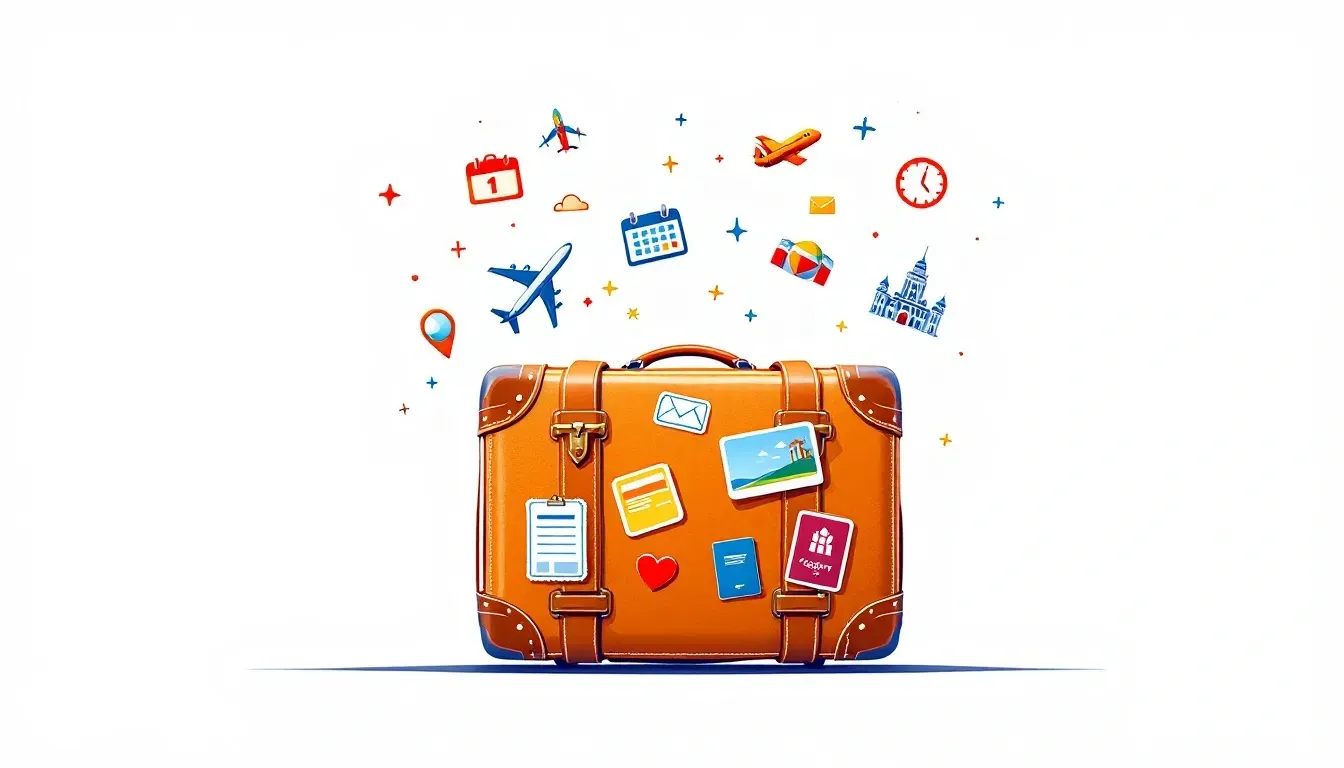
Is a Plane Ticket Really Needed for Visa Applications?
Updated for 2026
When you start a visa application, one of the first questions that pops up is about flights. Do you really need to buy a plane ticket before the embassy even looks at your application? The truth is, this is one of the most confusing parts of the process. Some people rush to book and risk losing money if things don’t go as planned. Others hear about “dummy ticket” but aren’t sure if they’re valid or safe to use. As of 2026, many embassies still accept dummy flight reservations as valid proof for visa processing, provided they include a verifiable PNR. Unlike fake generators, our verified itineraries pass strict embassy checks, ensuring higher approval rates and avoiding common red flags seen with low-cost fakes. This approach continues to help applicants meet requirements without unnecessary financial commitments. For more insights, check our FAQ and blogs.
If you’re a student planning your first trip abroad, a parent hoping to visit family, or a digital nomad figuring out your next stop, this choice matters. You want to meet the embassy’s requirements without locking yourself into expensive flights before you’re even sure your visa will be approved. Learn more about our services on the About Us page.
Plane ticket for visa application is a common requirement in 2026—but buying a real airline ticket before your visa is approved can be risky and expensive. 🌍 A verifiable reservation proves your entry and exit plans clearly, matching embassy expectations without financial loss.
Get a professional, PNR-verified flight reservation instead of a real ticket to streamline your visa application, maintain flexibility, and reduce rejection risks. Pro Tip: Always ensure your reservation dates match your passport and hotel bookings! 👉 Order yours now and protect your travel budget.
Last updated: January 2026 — Verified against updated embassy guidelines, airline PNR rules, and real traveler experiences.
Table of Contents
This guide breaks down what embassies actually mean when they ask for a flight itinerary, when a fully paid ticket is really necessary, and how dummy tickets fit in. By the end, you’ll know exactly how to handle this requirement without stress or unnecessary financial risk. We'll explore various scenarios, provide practical tips, and ensure you have all the information needed to make informed decisions for your visa journey.
Do You Really Need One? The Short Answer
When you apply for a visa, the embassy almost never expects you to show up with a fully paid flight. What they want is proof that you’ve planned your trip and know when you’re coming and going. That proof usually comes in the form of a flight reservation or itinerary. Think of it as a placeholder: your name, the airline, the route, the dates, and a booking code that shows the reservation is real. That’s enough for most visa officers to do their job. This approach not only satisfies requirements but also protects applicants from potential financial setbacks if the visa is delayed or denied.
Here’s where it gets tricky. A reservation, an itinerary, or a booking hold all point to the same idea—your travel plan exists, but you haven’t paid for it yet. An issued ticket, on the other hand, means you’ve already bought the seat. Embassies almost always accept the first group. Only in rare cases will they ask for the second. Understanding these distinctions can prevent common mistakes and streamline your preparation process.
So, when would you actually need to buy a ticket? A few edge cases:
- If you’re rushing through an expedited interview and the embassy wants final proof.
- If your application involves an airline partnership or sponsorship.
- If a consular officer specifically asks for a “paid” or “issued” ticket in writing.
The wording on the embassy checklist is your guide. If it says “itinerary” or “reservation,” you’re safe with a booking hold. If it says “paid” or “issued,” then your safest bet is a refundable or flexible ticket you can cancel later. Additionally, consider factors like your travel history and the specific visa category to tailor your approach further.
This decision tree keeps you safe, saves money, and avoids unnecessary stress. Many applicants overlook these nuances, leading to overpayments or application complications, but with careful planning, you can navigate this effectively.
Why Embassies Ask For Flight Details
It’s easy to wonder why embassies care about your flight plans when the main question should be whether you qualify for a visa. But flight details serve a practical purpose for the officer reviewing your file. They’re a quick way to check that your trip makes sense and that it fits within the rules of the visa you’re applying for. This verification helps ensure compliance with immigration policies and prevents potential overstays.
What Reviewers Need To Verify
Visa officers want to see that your entry and exit dates align with the type of visa you’re requesting. If you’re applying for a short-term tourist visa, your flight dates should fall comfortably within the visa’s validity period. They’ll also compare your flights with your hotel bookings, invitation letters, or conference schedules to ensure everything lines up. A mismatch can raise unnecessary questions. To avoid this, double-check all dates and provide supporting explanations if needed.
Risk Signals They’re Screening Out
Embassies look for signs that someone may overstay or misuse the visa. Open-ended travel plans, vague exit dates, or routes that don’t make sense are all red flags. For example, applying for a two-week visit but presenting a one-way ticket with no return doesn’t help your case. A solid itinerary reassures them that your stay is temporary and well thought out. Officers are trained to identify these patterns, so presenting a coherent plan is crucial.
How Your Itinerary Complements Other Documents
Your flight reservation doesn’t stand alone. It works hand in hand with your other documents—like travel insurance showing coverage for the same period, proof of funds that support the trip length, an employer letter confirming your leave dates, or student documents showing when classes resume. Together, these create a credible picture of your intentions. This holistic view strengthens your application and demonstrates thorough preparation.
A consistent story across your application makes the officer’s job easier. The smoother your file reads, the more confident they’ll feel about approving your visa. Inconsistencies, even minor ones, can lead to requests for additional information or outright denials, so alignment is key.
What Counts As Acceptable Proof Of Flights
When it comes to proving your travel plans, not all documents are created equal. Embassies don’t just want to see any piece of paper with flight details on it. They want something that’s clear, consistent, and easy to verify. If your proof looks professional and matches the rest of your file, it works in your favor. Substandard documents can undermine an otherwise strong application. Unlike sites offering instant PDFs without PNR, our service provides airline-verifiable itineraries that align with 2026 embassy trends.
The Types Of Evidence That Usually Work
The gold standard is a reservation or booking confirmation from an airline or a travel agent. These include a PNR (Passenger Name Record) or booking code that can be checked on the airline’s website. This shows your reservation is genuine, even if you haven’t paid for the ticket yet. Such documents are widely accepted because they provide real-time verifiability.
Another strong option is a written confirmation on a travel agency’s letterhead, especially if it includes a booking code or agency reference number. This is common for students or first-time travelers who use agents for support. It adds a layer of professionalism and credibility to your submission.
If you’re applying with a one-way plan, embassies often expect proof of onward or return travel. This could be a second reservation showing you’ll be leaving the destination country after your visit, even if by bus, train, or a flight to a nearby country. This demonstrates your intention to comply with visa terms.
What Consulates Typically Dislike
What you don’t want to do is submit a “mockup” or editable PDF with no live reservation behind it. Visa officers are trained to spot these, and it can damage your credibility. Similarly, screenshots without passenger details, booking references, or airline identifiers are weak evidence. Anything unverifiable through a trusted system usually works against you. Avoid these to prevent unnecessary scrutiny.
How To Make Proof Easy To Verify
Make your reservation officer-friendly. Ensure your name matches your passport, and the itinerary shows dates, routes, and booking codes clearly. If your confirmation includes a PNR, highlight it.
You can even make their job easier by adding a line in your cover letter like: “This reservation can be verified on [airline website] using PNR AB12CD.” A small detail like that shows confidence and makes your file look well-prepared. This proactive approach can positively influence the review process.
Good proof isn’t just about meeting a requirement—it’s about showing you’ve thought ahead and have nothing to hide. Building trust through verifiable documents is essential for success.
Dummy Tickets 101: What They Are (And Aren’t)
A lot of travelers hear the phrase “dummy ticket” and worry that it sounds shady. In reality, a dummy ticket is simply a legitimate, temporary flight reservation that has not been paid for yet. It’s not a fake document you type up in Word or Photoshop. A proper dummy ticket is booked through an airline’s system, a travel agent, or a global distribution system (GDS). It shows up in the airline’s database, and it stays valid for a short time until it either expires or you confirm payment to issue the real ticket. This makes it a reliable tool for visa applications without financial commitment. For the latest flight reservation strategies, check our recent post.
Why A Dummy Ticket Reduces Upfront Risk
Buying a ticket before you know your visa result is a gamble. Nonrefundable fares mean you could lose hundreds—or even thousands—if things don’t go your way. A dummy ticket solves this problem. You meet the embassy’s requirement by showing your travel plan without actually locking in the payment. Think of it as pressing “pause” on the booking until you’re ready to commit. This flexibility is particularly beneficial for budget-conscious travelers or those with uncertain timelines.
A reservation hold is flexible and low-risk. A fully issued ticket is fixed and often nonrefundable. Using a dummy ticket gives you breathing room while keeping your file strong. It allows you to adjust plans as needed without penalties.
Validity Windows And Expiry
Most dummy tickets stay valid anywhere from 24 hours to about 10 days, depending on the airline or agent. Once that window passes, the air ticket booking disappears unless you pay for the ticket. That’s why timing matters. If your embassy appointment is on Thursday, don’t create a hold a week earlier and expect it to still be live. The safest move is to book your dummy ticket so the PNR is active during your submission or interview. Monitoring expiry dates ensures your proof remains valid throughout the process.
Pitfalls To Avoid
The biggest mistake is relying on a “fake” PDF that doesn’t exist in the airline system. Visa officers can spot these instantly. Other pitfalls include mismatched names or dates that don’t align with your passport or hotel bookings, expired PNRs that can’t be verified, and juggling multiple conflicting reservations that raise red flags. Steering clear of these errors maintains the integrity of your application.
Handled properly, a dummy ticket is not just acceptable—it’s the smart way to protect yourself and satisfy the embassy. Many successful applicants rely on this method to balance compliance and caution. Order your dummy ticket today
How To Get A Flight Reservation The Right Way
Now that you know what a dummy ticket really is, the next step is figuring out how to get one that works. You have several options available, and the right choice depends on your budget, timing, and how much flexibility you need. Exploring these options in detail can help you select the most suitable method for your situation. Discover more about onward ticket options in our newest guide.
Options You Can Use Today
- Airline “Hold” Features: Some airlines let you hold a booking for 24–72 hours before paying. This is often cheap or even free, but the short window makes it tricky if your appointment is still a few days away. It's ideal for last-minute preparations.
- Traditional Travel Agents: Agents can place holds through the airline’s GDS system, sometimes lasting up to a week. The benefit is longer validity and professional documentation. The drawback is you’ll likely pay a small service fee. This option suits those preferring personalized assistance.
- Reputable Online Agents: Many online platforms now provide dummy flight ticket services. They create a real reservation with a live PNR, often valid long enough for your interview. The convenience is high, but you must choose a trustworthy provider. Look for reviews and guarantees of verifiability. Based on recent embassy guidelines in 2026, opting for services with fast verifiable delivery outperforms unverified alternatives.
Step-By-Step: From Route To Reservation
- Choose Realistic Dates: Pick travel dates that align with your hotel bookings, invitations, or events. Consider buffer time for potential delays.
- Get The Reservation: Use an airline, agent, or service to place the booking on hold. Ensure all details are accurate.
- Check The PNR: Visit the airline’s website and confirm your reservation is live. Take screenshots for records.
- Save The File: Download or print the PDF, making sure your name, route, dates, and booking code are visible. Organize it with other documents.
Timing Tips Around Appointments
Work backward from your embassy appointment. You want your PNR to be active when the officer checks it. If your processing may take longer, plan for a second reservation so you can refresh or extend the hold. Always keep an eye on expiration dates. Coordinating with your overall application timeline prevents last-minute issues.
Do’s And Don’ts
- Do make sure your names, passport details, and travel dates match perfectly across every document.
- Do keep your routing logical and consistent with your visa purpose.
- Don’t waste money on nonrefundable fares unless the embassy explicitly says a paid ticket is required.
When done the right way, a reservation gives you peace of mind, keeps your application professional, and protects your wallet. This methodical approach has helped countless applicants succeed.
Country & Visa-Type Nuances You Should Know
Every country frames its visa rules a little differently, so what works for one embassy may not apply to another. Understanding these nuances will save you stress and help you present the right kind of proof the first time. Tailoring your documents to specific requirements increases approval chances.
Schengen Short-Stay (Tourist/Business)
For Schengen visas, a Schengen visa flight itinerary or a round-trip flight reservation is almost always enough. What the consulates want to see is a round-trip flight itinerary or onward ticket that confirms you’ll leave the Schengen state before your visa expires. Pairing this with a hotel reservation and a planned itinerary shows that your trip is well-structured and realistic. If you’re a student or first-time traveler, this structure matters even more—it demonstrates that you’ve thought through your visit from start to finish.
United Kingdom Visitor Routes
For the UK, a detailed booked flight itinerary is generally sufficient. Immigration officers care less about whether you’ve paid for your flight ticket and more about whether you’ll actually go home afterward. Strong ties to your home country are key here. That could be a letter from your employer confirming your return date, university enrollment if you’re a student, or dummy hotel bookings that clearly match your travel intentions. A flight reservation booking just ties the story together. Emphasizing home ties strengthens your case significantly.
United States B1/B2
For US visitor visas, interviews carry more weight than documents. Still, having a flight confirmation with a visible flight number helps show consistency when explaining your travel details. A confirmed ticket or even a dummy air ticket might only make sense if the officer explicitly asks for it or if you’re on a tight deadline and want to look fully committed. Otherwise, a verifiable flight reservation is usually enough to support your case in the visa application process. Preparation for the interview is paramount here.
Canada, Australia, New Zealand
These countries focus heavily on whether your travel itinerary makes sense and whether you can afford it. An airline ticket reservation works fine as long as it aligns with your funds, hotel bookings, and onward travel. A well-thought-out routing is especially important—don’t present unrealistic flight booking combinations just to save a small fee. Officers here value logic and credibility, and they don’t want to see a non-refundable ticket before visa approval. Financial proof plays a big role alongside travel plans.
Gulf & East Asia Examples
Some Gulf states and East Asian countries take a one-way flight reservation or round-trip reservation very seriously. Submitting only an actual ticket without an onward travel plan can be risky. Always check the exact wording on the embassy’s list of required documents. If it says “confirmed reservation,” you’re in the clear. If it says “paid airline ticket,” then your safest option is a refundable flight bought through a local travel agent or major airlines. Regional variations require careful research.
In short, different countries care more about consistency, valid proof, and verifiable reservations than whether you show an original air ticket at full price. Matching their expectations reduces the chance of visa rejection and keeps your application strong. Adapting to these differences is a key strategy for success.
Risk, Timing, And “What-If” Contingencies
Even the best-laid plans can run into surprises during the visa application process. Delays, extra document requests, or sudden embassy instructions can throw off your timing. Knowing how to handle these scenarios keeps you calm and protected. Proactive contingency planning mitigates potential issues effectively.
If Processing Is Delayed
Sometimes your application takes longer than expected. A reservation that was valid during your appointment might expire before a decision is made. The good news is you don’t need to start from scratch. You can simply renew or refresh your reservation with the same travel dates. If you do this, update the embassy with the new version, making sure the PNR is active. Communicate the update clearly and professionally so the officer doesn’t think you’ve changed your plans entirely. This maintains continuity in your file.
If An Officer Asks For A Paid Ticket
Although rare, a consular officer might request a fully issued round-trip ticket. This doesn’t mean you need to panic or throw money away. The safe approach is to purchase a refundable or flexible fare. That way, you show compliance without risking a major loss if your visa is refused. Always keep documentation handy showing that you’re prepared to finalize the ticket after approval. It demonstrates commitment while protecting you financially. Having alternatives ready shows foresight.
Protecting Yourself Financially
Flight reservations aren’t the only thing to think about. Pair them with flexible hotel bookings that allow free cancellation or at least a cancel-by deadline close to your travel date. This way, if your visa is denied or delayed, you don’t lose money on accommodations. Travel insurance can also play a role, but remember—it usually covers emergencies or disruptions after you start your journey, not before. Comprehensive financial safeguards ensure minimal losses.
By planning for these “what-ifs,” you give yourself options, avoid stress, and keep your money safe until you actually hold the visa in your hands. This level of preparation distinguishes successful applications from problematic ones.
Real-World Scenarios And Plane Tickets
Every traveler’s situation is a little different, and sometimes you need the right words to explain your choices. Here are a few common scenarios and how you can handle them with confidence. These examples draw from real applicant experiences to provide practical guidance.
One-Way Trip With Onward Travel
If you’re relocating for studies or a long training program, you may only have a one-way flight reserved. In that case, provide proof of onward travel—like a separate reservation showing a later flight to another country. Script at interview: “My program lasts nine months, and I’ll be moving on to Canada afterward. Here’s my onward booking that confirms my exit from your country once my studies are complete.” This clarifies your long-term plans.
Multi-Country Itinerary With Schengen
Traveling across multiple Schengen countries can look complicated unless you explain it clearly. Pair your flight with bus or rail bookings to show how you’ll move between cities. Script at interview: “I’ll arrive in Paris, then travel by train to Brussels and Amsterdam. Here’s my flight into France, along with my rail and bus confirmations. I leave from Frankfurt at the end of my stay.” Detailed itineraries reduce ambiguity.
Officer Requests “Paid Ticket”
If an officer asks for a purchased ticket, keep your tone calm and respectful. Script at interview: “I’ve provided a reservation for my planned trip. If a paid ticket is required, I’m prepared to purchase a refundable fare immediately and submit the confirmation.”
In your cover letter, you can add a short line: “This reservation is valid and verifiable. I will issue the ticket in full once my visa is approved, if required.” Such statements reinforce your seriousness.
Document Prep: Make Your File Reviewer-Friendly
Your documents are more than paperwork—they tell your story. Making them easy to read and verify helps the officer trust your file. Organized submissions facilitate quicker reviews and better outcomes.
Clean Formatting That Saves Time
Organize your files with clear names like “01_Passport_JSmith.pdf” or “02_Flight_Reservation_PNR123.pdf.” If you have multi-page documents, merge them into one file and add bookmarks. The cleaner your submission, the easier it is for the officer to review. This attention to detail reflects positively on you.
Mini Cover Letter That Connects The Dots
Write a one-page letter that ties everything together. Mention your travel purpose, your dates, and how you’re funding the trip. Highlight your flight and hotel bookings, and add a verification line like: “Flight reservation can be checked on Airline.com using PNR AB12CD.” This small step shows you’ve thought ahead and want to make their job easier. A well-crafted cover letter can be a game-changer.
Final Cross-Check Before Submission
Do one last scan before submitting:
- Names exactly match your passport.
- Flight and hotel dates align with each other and with your invitations or conference letters.
- Expiry dates are all in order, including your passport, insurance, and flight hold validity.
A little extra care in document prep keeps your file consistent and professional—and that consistency goes a long way in securing approval. Thorough checks prevent avoidable errors.
Fast, Verifiable, Hassle-Free Dummy Flight Ticket
At BookForVisa.com, we know how stressful it can feel to secure the right documents for your visa application. That’s why our service is built to give you exactly what embassies want—without forcing you to pay for full tickets or hotels before you even know if your visa will be approved. Our solutions are designed with applicant needs in mind.
What You Receive
When you order from us, you get a legitimate, time-bound flight reservation with a live, verifiable PNR. The confirmation comes as a clean PDF showing your name, route, dates, and booking code. We also offer hotel reservations formatted to embassy standards, so you can submit a complete travel file with confidence. Everything is tailored for seamless integration into your application.
How It Works
The process is simple:
- Enter your personal and travel details on our website.
- Select your preferred flight or hotel option.
- Confirm and pay a small fee.
- Instantly download your PDF reservation—ready to submit the same day.
We verify the PNR through the airline’s system before sending it to you, so you know it’s genuine. Need a change? Unlimited date revisions are included at no extra cost. This user-friendly system minimizes hassle.
Why Travelers Choose This
- Avoid paying full price for tickets before visa approval.
- Get documents instantly—even while at the embassy.
- Reservations tailored to match your appointment date.
- Flexible options, including multi-city flights or hotels, if needed.
Friendly Policies
No cancellation fees. No hidden upsells. Just straightforward, recognized reservations that embassies worldwide accept.
With BookForVisa.com, you save money, reduce stress, and walk into your visa appointment prepared with professional, verifiable reservations. Our track record speaks for itself in helping travelers worldwide.
Do You Need a Plane Ticket For Visa Application: Final Thoughts
The smartest way to approach your visa application is to remember this: most embassies and consulates only need to see a verifiable reservation, not a fully paid ticket. A dummy ticket proves your travel intentions without forcing you into financial risk. Fully purchased tickets should only come into play if the embassy explicitly asks for them.
Plan your timelines carefully, keep every document consistent, and refresh your reservations if processing takes longer than expected. That consistency is what makes your application credible and professional.
If you’d rather not worry about creating reservations yourself, BookForVisa.com gives you instant, verifiable reservations designed for visa applications. With the right preparation and the right tools, you’ll walk into your appointment confident, ready, and stress-free. Safe travels ahead.
Frequently Asked Questions
Is a dummy ticket still valid for visa in 2026?
Yes, dummy tickets remain valid for visa applications in 2026 as long as they feature a verifiable PNR and comply with embassy guidelines for proving travel intent.
Which embassies accept onward ticket reservations?
Most embassies, including those for Schengen, US, UK, and Canadian visas, accept verifiable onward ticket reservations. Always confirm with the specific consulate for their latest requirements.
How do verified dummy tickets outperform free generators for embassy scrutiny?
Verified dummy tickets with real PNRs provide airline-checkable proof that passes 2026 embassy checks, unlike free generators that often produce unverified PDFs risking rejection.
Why Travelers Trust BookForVisa.com
BookForVisa.com has been helping travelers since 2019 with reliable visa documentation services. Over 50,000+ visa applicants have been supported through our platform, ensuring smooth submissions. We offer 24/7 customer support for any queries, secure online payments, and instant PDF delivery for all reservations. BookForVisa.com specializes in dummy ticket reservations only, providing niche expertise that guarantees verifiable and embassy-accepted proofs. As a registered business with a dedicated support team, we ensure no fake or automated tickets—just real, compliant solutions.
What Travelers Are Saying
Related Guides
About the Author
Visa Expert Team — With over 10 years of combined experience in travel documentation and visa assistance, our editorial team specializes in creating verifiable flight and hotel itineraries for visa applications. We have supported travelers across 50+ countries by aligning documentation with embassy and immigration standards.
Editorial Standards & Experience
Our content is based on real-world visa application cases, airline reservation systems (GDS), and ongoing monitoring of embassy and consular documentation requirements. Articles are reviewed and updated regularly to reflect current practices.
Trusted & Official References
- U.S. Department of State — Visa Information
- International Air Transport Association (IATA)
- UAE Government Portal — Visa & Emirates ID
Important Disclaimer
While our flight and hotel reservations are created to meet common embassy requirements, acceptance is not guaranteed and may vary by country, nationality, or consulate. Applicants should always verify documentation rules with the relevant embassy or official government website prior to submission.

